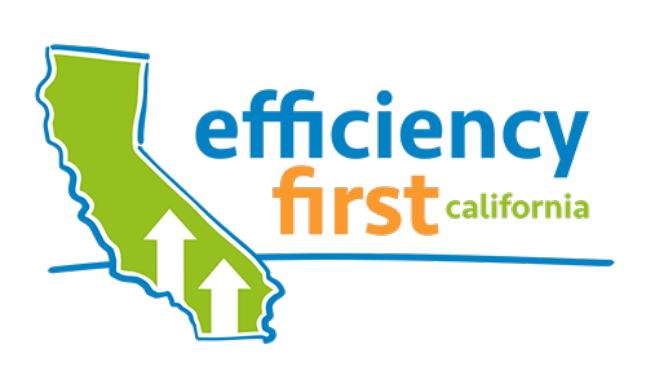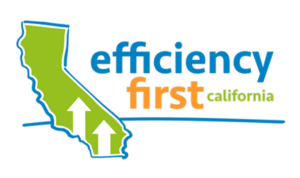
Building Electrification Fundamentals 4 – The Financial Costs & Benefits of the BE transition
Course Description:
Interested in transforming your building to a clean, safe, and healthy all-electric structure but hesitant due to the cost? What are the costs to install and operate this equipment? Are there incentives available to aid in this transition? What are the benefits both financial and non-financial? Do you need a new electric panel? This workshop will address all those questions covering the general cost of equipment, how to think incrementally as you transition and the benefits of planning out your transition regardless of where you are in the process, utility rates and rebates available to help pay for the changes.
Instructor Information: Scott Blunk
Scott is a Strategic Planner of Electrification and Energy Efficiency where he creates utility wide electrification strategies. He is an Adjunct Professor of Building Science at Cosumnes River College where he has taught courses on the energy codes and mechanical codes, energy auditing and energy modeling.
Scott received a BS in Mechanical Engineering from Purdue University and an MBA from Marquette University. Scott has worked in the field of green building and energy efficiency for 20 years in many different rolls including: building contractor, energy consultant, new construction residential program administrator, existing building program manager, mechanical engineer, energy rater, trainer, and real estate broker.
Learning Outcomes:
At the conclusion of this class participants will be able to:
- How to plan out your electrification project(s)
- Learn about the costs you can expect to pay for each project
- Understand utility rates and changes to your energy bills
- Find out about SCE and statewide rebates
Target Audience:
- General Audience
- Homeowners
- Residential Installers
- Designers
Learning Units:
- This class will also provide prerequisite and continuing education credit for NABCEP (North American Board of Certified Energy Practitioners) certifications.
Learning Level:
Basic Class: Content is introductory in nature and requires no prerequisite knowledge or experience to grasp the concepts or participate in exercises. Basic educational activities and materials are meant to establish a foundation of knowledge and competence that will be expanded upon in practice or in higher level seminars and workshops.
Special Instructions:
This is a Webinar class and internet access is required. Customers will receive a link the Friday prior to the event.


